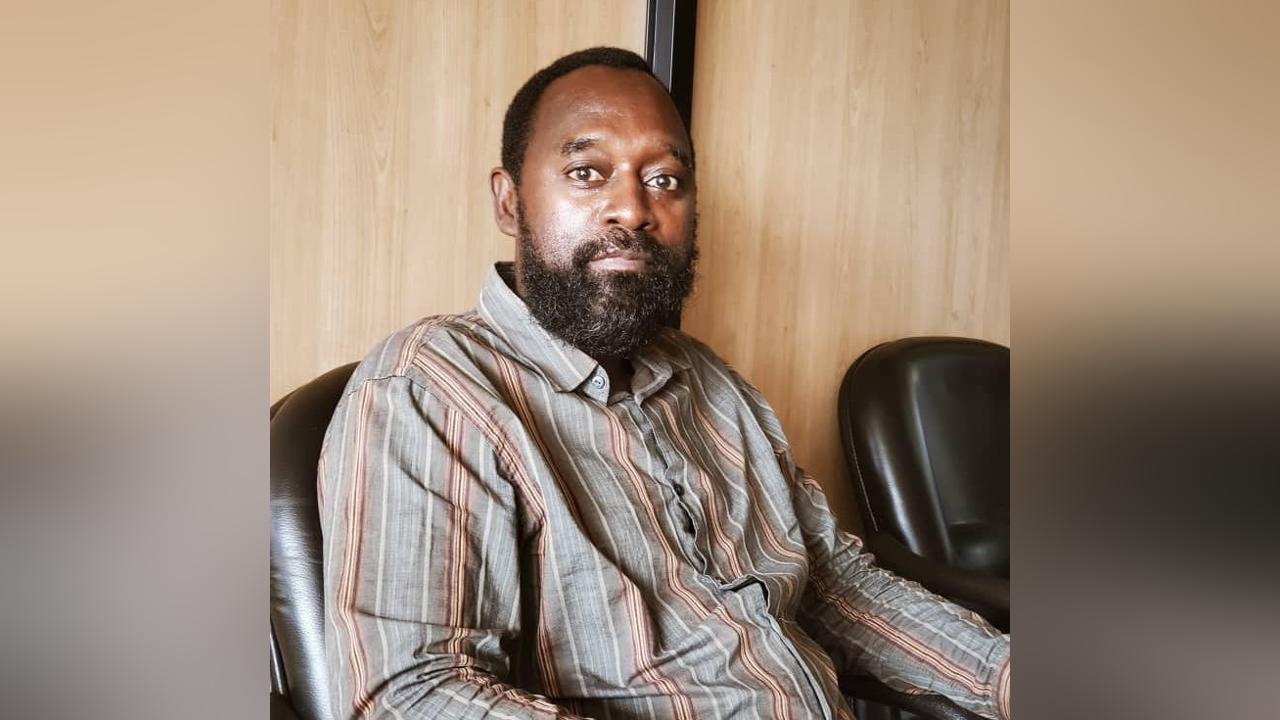By Magezi Kiriinjju
Africa-Press – Uganda. One day, I asked a soldier under the mechanised regiment why army tanks make so much noise—even when they carry shells that are not as intimidating as the noise itself. He told me the noise is part of psychological warfare. “If a tank is rumbling toward you, even if it is totally unarmed, you will think twice about staying around, however brave you may be,” he said.
For a long time, most Ugandans did not respect, fear, or feel intimidated by the barracks that housed the Uganda Police Criminal Investigations Directorate (CID). Even though it administered venomous bites to criminals, it lacked the tank-like rumblings that could send chills to budding lawbreakers.
The first time I interacted with the institution, I was visiting a friend in Kibuli. I literally walked through the barracks unhindered—no questions asked—from Mukwano Factory to my destination. Organised chaos reigned supreme.
Even when there were attempts to demarcate boundaries with barbed wire, CID staff themselves cut routes through it to access shops. At some point, many of the dilapidated structures inside the barracks were turned into malwa drinking joints and makeshift restaurants. There was zero psychological warfare from such a serious institution.
Recently, while at CID, I was amused when one officer told his colleague, “Do you remember the lady who used to sell chapati in this corner?” The corner he referred to is now literally next to the current conference room—an area hard to access if you are not authorised.
In just three years under the leadership of Assistant Inspector General of Police (AIGP) Afande Tom Magambo, the CID headquarters has undergone a total transformation into a respected—if not feared—centre of crime investigation that sends chills down criminals’ spines. The chaos and mayhem are gone. The tank rumblings are back. No one lingers around aimlessly anymore.
The transformation began with the digitisation of the Annual Crime Report, enabling seamless, real-time data analysis that leads to timely reactions and greater accountability. It enhances data protection and bridges communication gaps with the public. The report is now easier to understand and faster to reconcile with existing facts.
This was followed by wall-fencing, which restored control of the security perimeter to its rightful owners. The magnificent gate and professional fencing not only portray order and discipline, but also shield the headquarters from prying public eyes during sensitive operations, investigations, and covert training exercises.
In the same three-year period, CID was ranked the third most effective investigative agency in Africa, according to a 2024 survey by Kenya Trak, a Nairobi-based research firm. Uganda scored 74%, coming behind Kenya’s DCI at 82% and Ghana’s CID at 76%.
Today, the Directorate boasts a 24-hour call centre equipped with a toll-free number, allowing citizens from across Uganda to reach the police for urgent issues. This initiative has greatly improved police-citizen communication and response efficiency.
AIGP Magambo has prioritised staff training, ensuring a professional, effective, and accountable department. With crime constantly evolving, continuous training keeps the force ahead of criminals—especially in areas such as cybercrime, terrorism, human trafficking, and digital fraud.
The Directorate has also embarked on building a state-of-the-art, seven-storey Crime Data Analysis Centre. At the groundbreaking ceremony, the Minister of Internal Affairs, Maj. Gen. Kahinda Otafiire, commended the progress:
“Every time I come here, Magambo has made movement. I can now say I am proud of CID.”
The Director himself was upbeat about the project:
“Today marks the beginning of a new era—the first seven-story CID building since the 1930s, built by Ugandans for Ugandans. Unlike the colonial buildings around us, this structure will be a Ugandan creation, engineered, built, and maintained by Ugandans. Future generations will look back and appreciate that we, the generation of this time, contributed meaningfully.”
As President Yoweri Museveni once remarked—ironically while at CID headquarters:
“In the last 65 years, what I discovered is that many people don’t really belong to Uganda in their work, in their thinking. If you do, it is easy to get solutions.”
Through these landmark achievements, AIGP Tom Magambo has shown—undoubtedly—that he belongs to Uganda in both his work and his thinking.
The author is a Communications Officer, Government Citizen Interaction Centre – State House
For More News And Analysis About Uganda Follow Africa-Press






